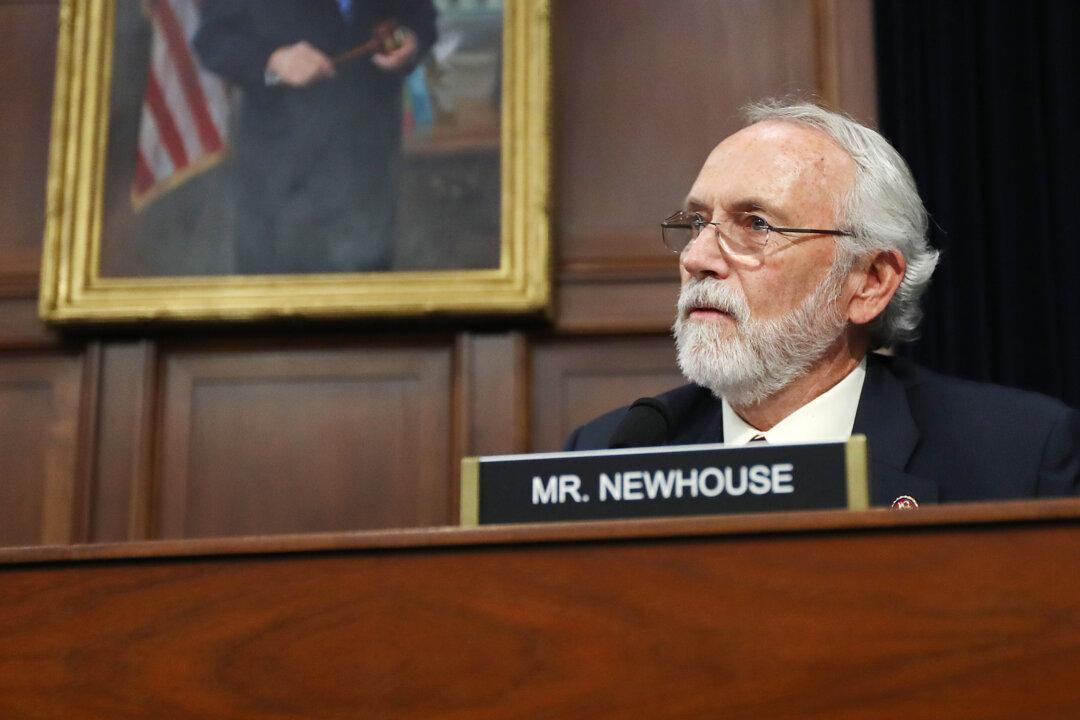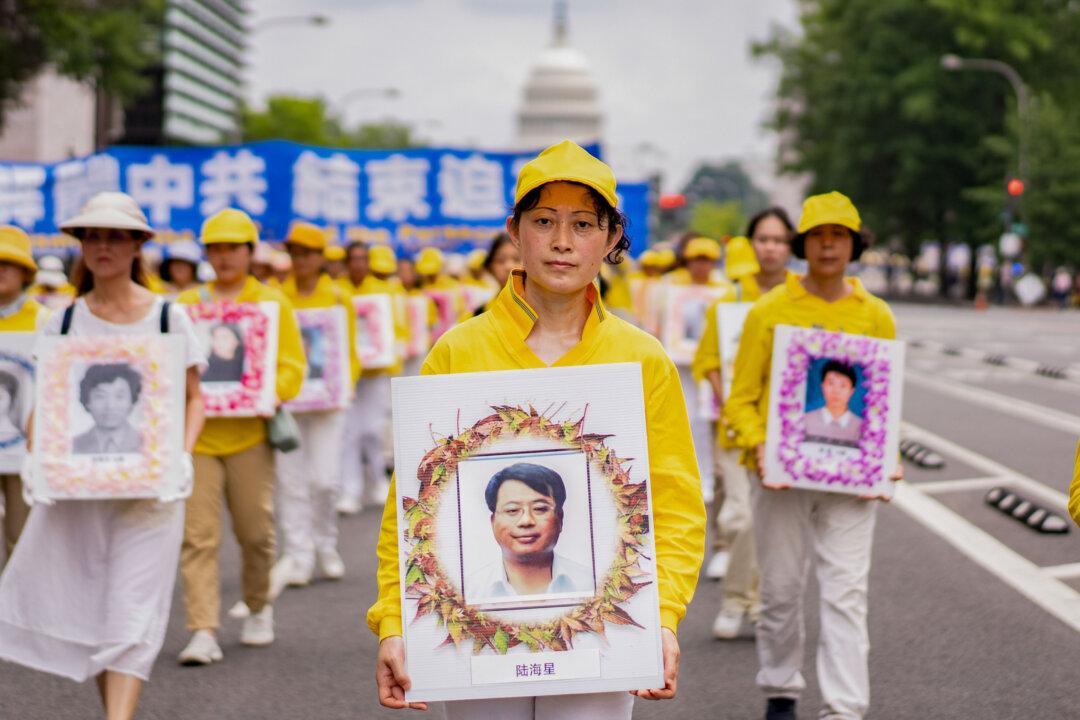Chinese authorities punished a COVID-19 testing agency employee who allegedly falsified virus data in the virus-embattled Hebei Province.
The employee, only identified by his surname Di, works for Jinan Huaxi Medical Laboratory Co., the laboratory outsourced to process virus tests in Longyao county of Hebei. The northern province has seen a worsening outbreak since the start of the year and has so far publicly reported hundreds of cases. To prevent virus spread, it shut down multiple cities and canceled a key annual political meeting originally scheduled for Jan. 25.
Di allegedly provided false virus figures from the second round of nucleic acid testing between Jan. 12 and Jan. 13 before the full lab results came out. On Jan. 14, Di told authorities that the company handled testing for around 314,000 people. They all tested negative, Di said, but he revised his claims two days later upon identifying a positive case, county officials said at a Jan. 17 news conference.
Authorities said they found two additional virus carriers after further investigation, including one asymptomatic patient. Local police have put Di under “criminal compulsory measures” as they probe the case, according to the news conference. So far, authorities haven’t discovered issues with other testing agencies, the officials said.
Jinan Huaxi has suspended its COVID testing operations indefinitely since the incident, according to state-affiliated media National Business Daily (NBD).
Nucleus Gene, the lab’s parent company based in southern Shenzhen city, has 46 branches and 31 laboratories across the country. The company’s vice president Li Tao told NBD that virus testing contributed to around 70 to 80 percent of its income in 2020.
“The authorities pressed hard, and Di thought he could get away with reporting the numbers first before they examine,” Li told NBD, adding that Di did not go through the proper procedure of signing a medical laboratory report and only gave an oral report. Di is a department manager and has worked at Jinan Huaxi for two years, according to Li.
Li called it a “ameteur mistake” and blamed Di for “not looking at the big picture.” “If Di had consulted the superiors, there’s no way they would have allowed him to do that,” he said.
NBD reporters visited the company’s office in Jinan city in eastern Shandong Province and overheard a conversation that suggested the company might have been made the scapegoat for local authorities to evade culpability.
“Hebei had some issues and wanted to shrug it off. How would this have anything to do with our company?” a manager told employees, according to NBD reporters who were present. After the reporters identified themselves and asked for an interview, the manager responded that he was “busy going to the police station, and this issue has nothing to do with our company.” The company then immediately closed its glass door, and multiple people passing through the entrance denied being associated with the firm, the report said.
Some Chinese netizens also cast doubt on the recent official virus data from Hebei, noting the whole province recorded 90 daily new cases three times between Jan. 12 to Jan. 15.
“Is that a coincidence? Or is it that they don’t dare to report more than 90?” A person commented on a related CCTV report.
Nangong city, a county-level region nearby, said they have enforced the strictest lockdown measures since Jan. 16, requiring all residents to self-quarantine at home. Essential workers were told to eat and sleep at the workplace without going back home.





